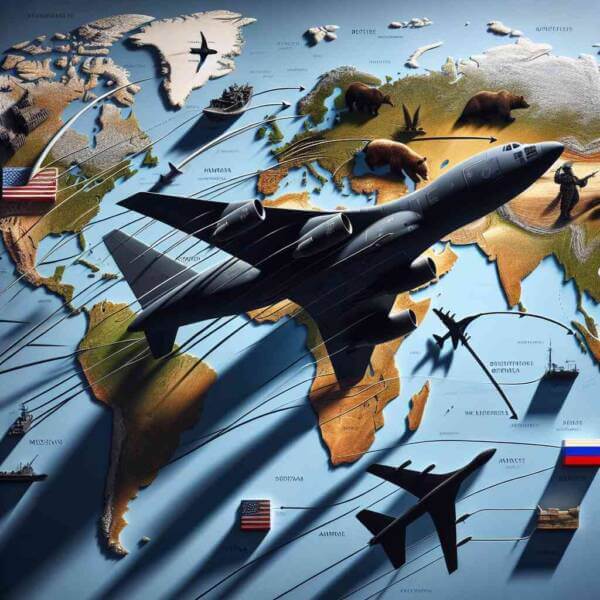
The use of aircraft in military operations provides strategic advantages.
Nations invest heavily in military aviation to protect national interests.
How Military Aviation Began
As technology advanced, airplanes were adapted for air-to-air battles, altering battlefield dynamics.
Major milestones in military aviation history include:
- The introduction of fighter planes and bombers
- World War II advancements
- The Cold War era
- Modern drone warfare
Each era brought innovative strategies that expanded aerial warfare.
Main Categories of Military Aviation
Understanding the types of military aircraft helps in appreciating the complexity of modern air forces.
Types of planes used in military aviation:
- Fighter jets
- Bombers
- Logistical support aircraft
- Unmanned aircraft for intelligence gathering
Each type plays a critical function in military operations, from securing airspace.
The Strategic Value of Military Aviation
Controlling the skies gives forces the advantage.
Strategic advantages of air dominance:
- Providing close air support
- Disrupting enemy supply lines
- Early warning and real-time data
- Demonstrating power and deterrence
Nations with strong military aviation capabilities can control conflicts.
The Next Generation of Military Aircraft
Constant research and development open new possibilities for future warfare.
Cutting-edge developments:
- Stealth technology
- Missiles and aircraft traveling at speeds greater than Mach 5
- Autonomous drones
- Laser and electromagnetic systems
These advancements increase survivability for air forces worldwide.
Obstacles Facing the Industry
Despite technological superiority, military aviation faces numerous challenges.
Key challenges include:
- Expensive research and operations
- Short life cycles for cutting-edge aircraft
- Cybersecurity threats
- New debates about AI in warfare
Addressing these challenges is essential for maintaining air power.
Where Military Aviation is Heading
The future of military aviation promises an era of transformation.
Expected advancements:
- Autonomous mission planning
- Space as the next battlefield
- Developing sustainable aviation technology
- Collaborations across allied air forces
The next era of military aviation will redefine defense.
Final Thoughts on Military Aviation
Military aviation remains an irreplaceable element in global defense.
As technology continues to evolve, the skies will remain a critical arena where military military aviation aviation safeguards freedoms.
The future of military aviation is full of potential — and it’s only just beginning.